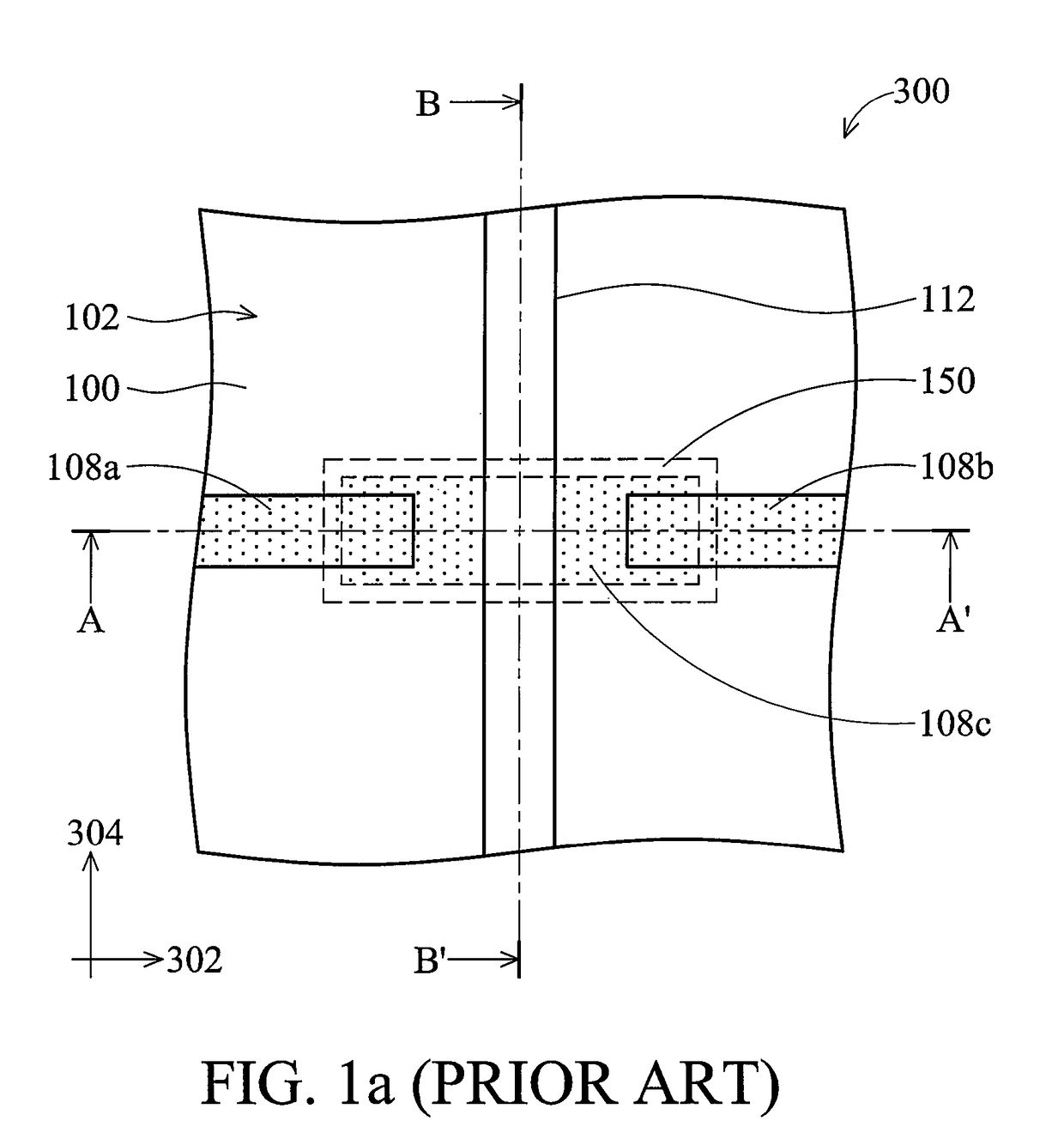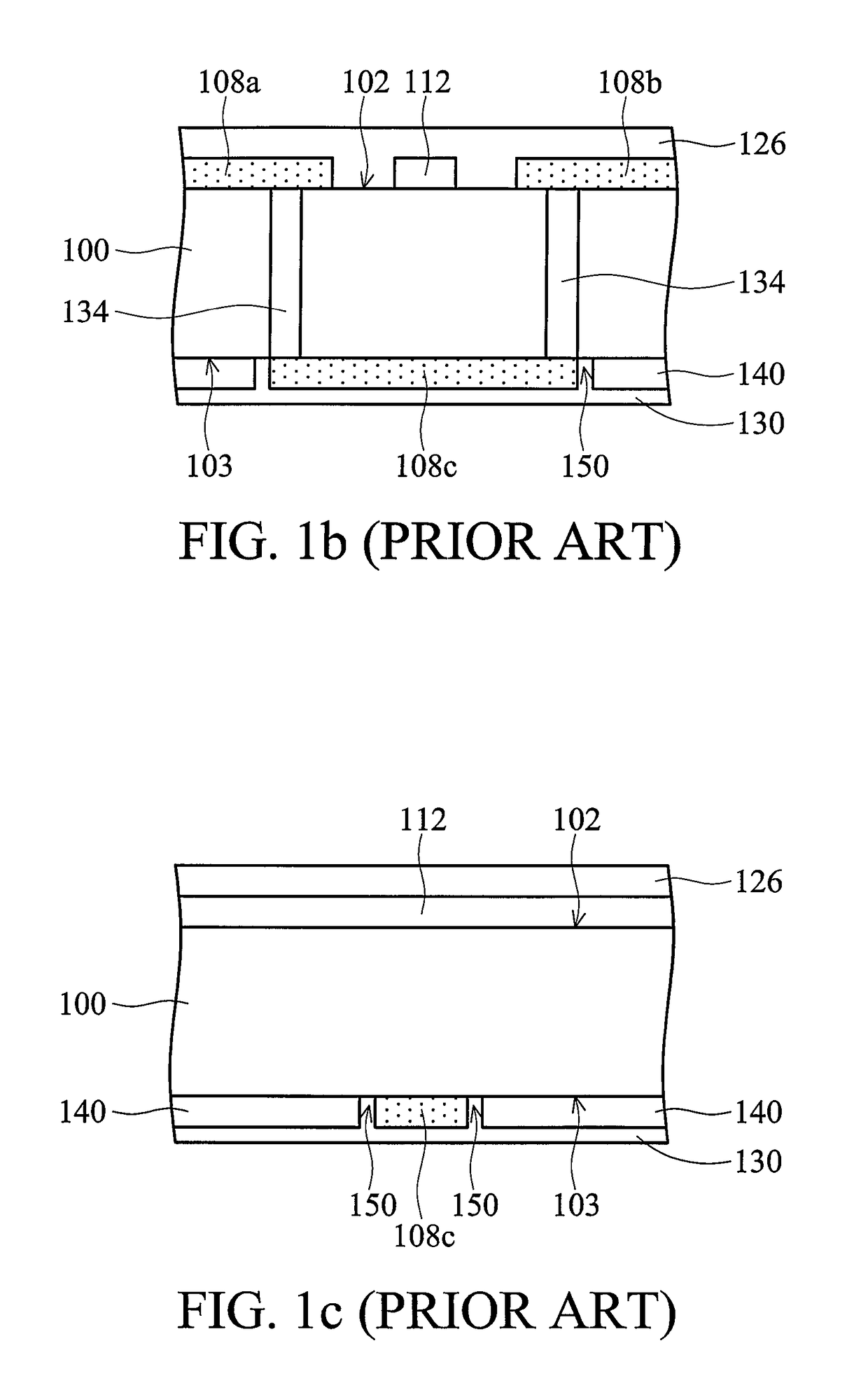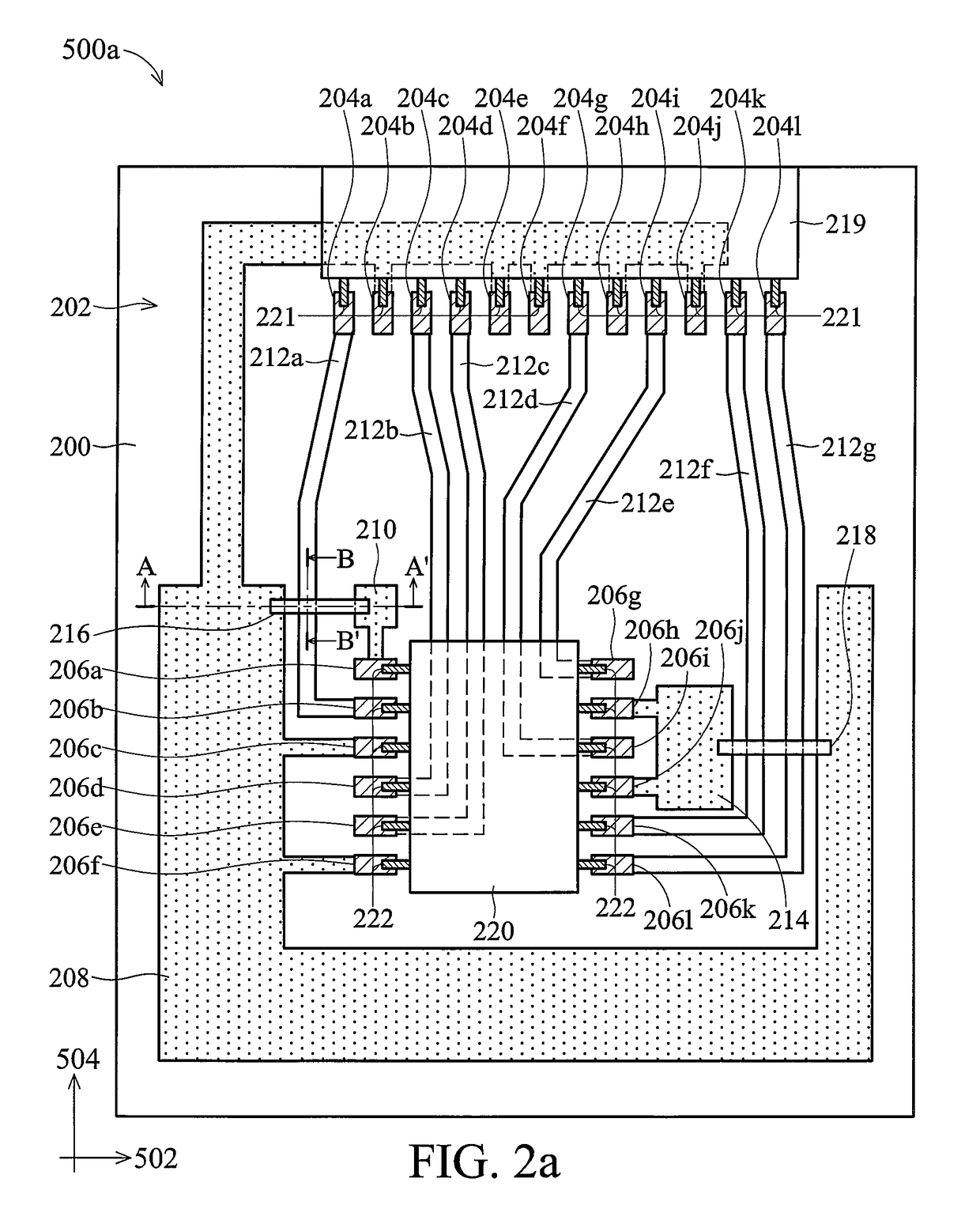Printed circuit board
a printed circuit board and circuit board technology, applied in the field of printed circuit boards, can solve the problems of electromagnetic interference (emi) problems that have become more and more of a challenge, noise occurs, and electromagnetic interference (emi) problems that have increased in severity
- Summary
- Abstract
- Description
- Claims
- Application Information
AI Technical Summary
Benefits of technology
Problems solved by technology
Method used
Image
Examples
Embodiment Construction
[0023]The following description is of a mode of carrying out the invention. This description is made for the purpose of illustrating the general principles of the invention and should not be taken in a limiting sense. The scope of the invention is best determined by reference to the appended claims. Wherever possible, the same reference numbers are used in the drawing and the description to refer the same or alike parts.
[0024]FIGS. 2a to 2c show one exemplary embodiment of a printed circuit board 500a of the invention. FIG. 2a shows a top view of one exemplary embodiment of the printed circuit board 500a of the invention. In this embodiment, the printed circuit board 500a may comprise a two-layered printed circuit board for leadframe-based semiconductor package chips having a top layer comprising power planes and signal trace, and a bottom layer comprising a ground plane. The printed circuit board 500a comprises a substrate 200 having a top surface 202 and a bottom surface 203 as sh...
PUM
 Login to View More
Login to View More Abstract
Description
Claims
Application Information
 Login to View More
Login to View More - R&D
- Intellectual Property
- Life Sciences
- Materials
- Tech Scout
- Unparalleled Data Quality
- Higher Quality Content
- 60% Fewer Hallucinations
Browse by: Latest US Patents, China's latest patents, Technical Efficacy Thesaurus, Application Domain, Technology Topic, Popular Technical Reports.
© 2025 PatSnap. All rights reserved.Legal|Privacy policy|Modern Slavery Act Transparency Statement|Sitemap|About US| Contact US: help@patsnap.com



